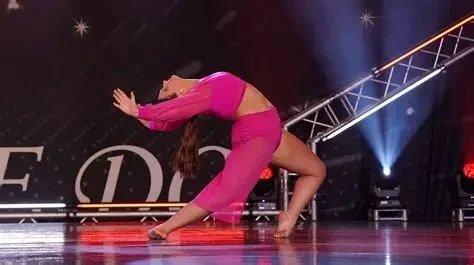
1. How to Overcome Performance Anxiety as a Non-Professional
For many people, the idea of performing in front of others can be daunting, especially if you don’t have professional experience. However, overcoming this anxiety is the first step towards giving a great performance. The key is understanding that nerves are normal and can be managed. Begin by practicing deep breathing exercises, visualization techniques, and setting small, achievable goals for yourself. Remember, every professional performer once started as a beginner and had to face the same fears!
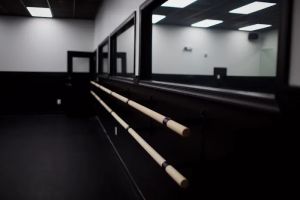
Class Act Performing Arts / class act studios
EdgewaterAnne Arundel CountyMaryland
161 Mitchells Chance Rd, Edgewater, MD 21037, USA
2. Preparing for Your Performance: The Essential Steps
Whether you are performing in front of an audience for the first time or preparing for an important presentation, preparation is key. Here are some essential steps to follow:
- Practice regularly: The more you rehearse, the more confident you'll become. Consider rehearsing in front of a mirror or with friends to simulate the performance environment.
- Know your material: Make sure you are thoroughly familiar with what you're going to present. The more prepared you are, the more at ease you'll feel.
- Get feedback: Record your practice sessions and ask for constructive feedback from others. This can help you identify areas for improvement.
Effective preparation not only enhances your performance but also helps reduce anxiety, enabling you to perform confidently even if you're not a professional.
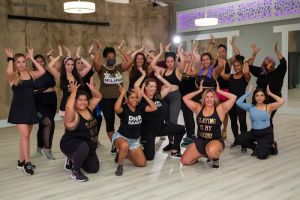
DivaDance® DC / divadance dc
WashingtonDistrict of Columbia
1323 Connecticut Ave NW, Washington, DC 20036, USA
3. Understanding Your Audience: A Key to Success
One often overlooked aspect of performing is understanding your audience. Whether you're speaking at a public event or showcasing a talent, knowing your audience can help tailor your performance to their interests and expectations. If you're performing for a group of people with no prior knowledge of your work, it may help to simplify the content and provide some context. On the other hand, a more specialized audience may appreciate a deeper dive into your subject matter.
Taking the time to gauge your audience’s reactions and adjusting your performance accordingly is a great skill to develop as a non-professional performer.
4. Body Language and Presence: How to Command the Stage
Your body language plays a huge role in how your performance is perceived. Even if you don’t have professional training, using your body effectively can make you seem more confident and competent. Here are some tips to consider:
- Stand tall with your shoulders back to project confidence.
- Make eye contact with your audience to establish a connection.
- Use purposeful movements to emphasize points or create visual interest.
Don’t underestimate the power of non-verbal communication. The way you present yourself physically can be just as important as the words you say or the talent you showcase.
5. Creating a Memorable Performance: Add Personal Touches
To really stand out, consider adding personal elements to your performance that will engage your audience. This could be through telling a relatable story, sharing personal experiences, or incorporating humor. People are more likely to remember a performance that connects with them emotionally. For example, if you're performing a dance, share the story behind the choreography or the emotions you were feeling when you created it. This helps humanize the performance and creates a deeper connection with your audience.
6. Don’t Forget the Final Touches: The Importance of Rehearsing with Props or Equipment
If your performance involves props, costumes, or any technical equipment, make sure you practice with them in advance. It’s easy to forget how much these elements can impact the performance experience. For example, if you're delivering a speech and using a microphone, practice with it beforehand to avoid any technical difficulties during the actual performance. If you’re using props for a dance or theater performance, ensure you are comfortable handling them while maintaining your timing and movement flow.
7. How Creative Edge Dance Studio Can Help You Prepare
If you're looking for expert help to fine-tune your performance skills, consider reaching out to Creative Edge Dance Studio. The studio offers tailored lessons and workshops for performers at any level, ensuring that you receive the guidance and support you need. Whether you’re interested in learning dance or improving your stage presence, Creative Edge Dance Studio provides personalized training to help you succeed. Check out their offerings to find the perfect program for you!
8. Real-World Example: How a Beginner Successfully Performed at a Local Event
Take the example of Jane, a first-time performer who took a leap and decided to present a solo dance performance at a local charity event. Though she had no professional training, Jane committed herself to rigorous practice, sought feedback from her peers, and worked on building her confidence. On the day of the performance, her preparation paid off, and the audience was captivated by her energy and authenticity. This story shows that even without professional experience, with the right mindset and preparation, anyone can deliver a powerful performance.
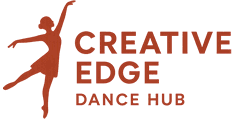
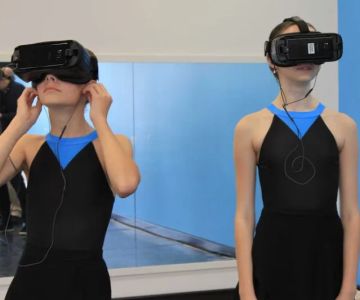
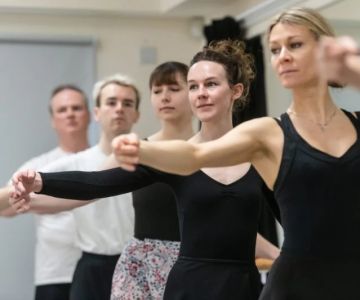

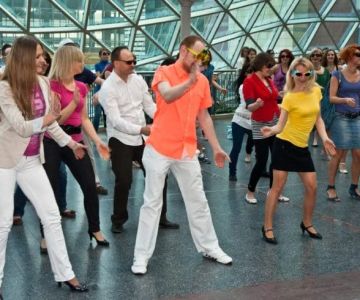

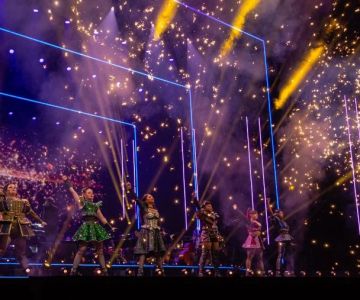
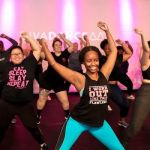 DivaDance® Katy5.0 (65 reviews)
DivaDance® Katy5.0 (65 reviews)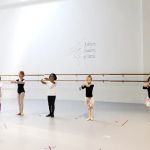 Ashburn Academy of Dance4.0 (45 reviews)
Ashburn Academy of Dance4.0 (45 reviews)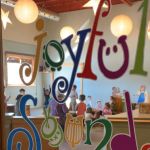 Joyful Sounds Music Studio - Music Together4.0 (20 reviews)
Joyful Sounds Music Studio - Music Together4.0 (20 reviews)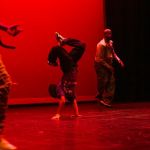 Movemakers Philly5.0 (16 reviews)
Movemakers Philly5.0 (16 reviews)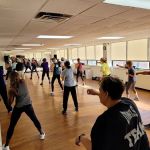 Jazzercise4.0 (28 reviews)
Jazzercise4.0 (28 reviews) Two Left Feet® Dance4.0 (6 reviews)
Two Left Feet® Dance4.0 (6 reviews)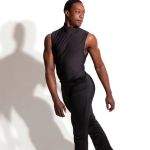 The Best Dance Styles for Men to Build Strength and Confidence
The Best Dance Styles for Men to Build Strength and Confidence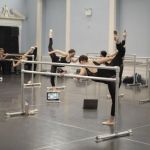 How I Managed to Keep Dancing Through College (And Graduated!)
How I Managed to Keep Dancing Through College (And Graduated!)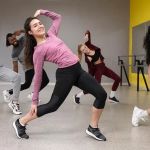 The Health Benefits of Dance: Scientific Backing for Why It's So Good for You
The Health Benefits of Dance: Scientific Backing for Why It's So Good for You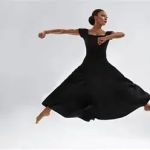 My Story of Dancing Without Gravity: A Futuristic Dance Experience
My Story of Dancing Without Gravity: A Futuristic Dance Experience How to Break In New Dance Shoes So They're Comfortable
How to Break In New Dance Shoes So They're Comfortable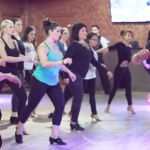 The Pros and Cons of Large Group vs. Small Group Dance Classes
The Pros and Cons of Large Group vs. Small Group Dance Classes